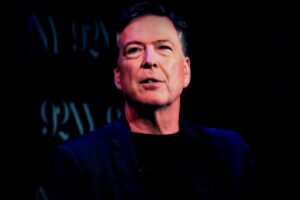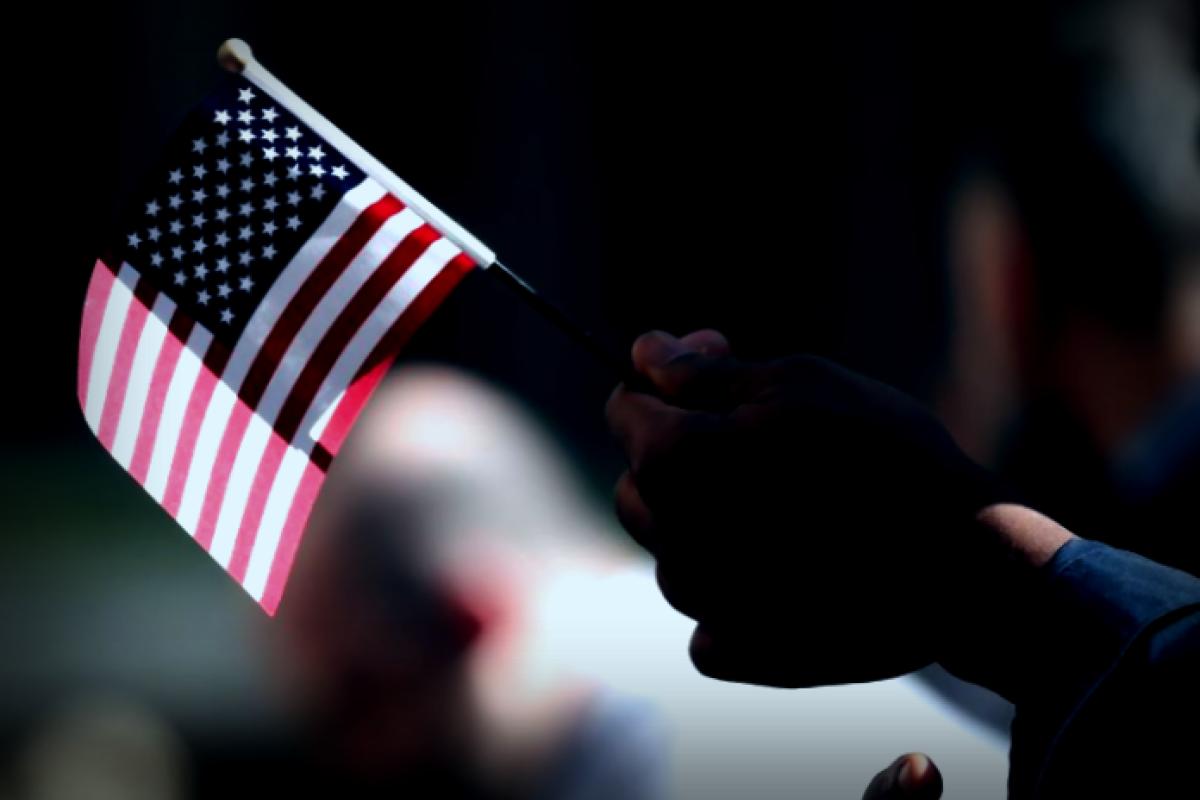By Aditya Soni, Kristina Cooke, and Jeff Mason
SAN FRANCISCO/WASHINGTON (Reuters) – In a significant shift, the Trump administration announced plans this past Friday to introduce a hefty annual fee of $100,000 for companies seeking H-1B worker visas. This bold move has raised alarms among leading tech firms, prompting them to advise visa holders to either stay in the U.S. or return quickly if they are currently abroad.
Such a requirement threatens to be a major setback for technology companies that heavily depend on skilled labor from countries like India and China.
Since his inauguration in January, Trump has aggressively pursued changes to immigration policies, including restrictions on various types of legal immigration. This latest effort aims to overhaul the H-1B visa system—the most prominent aspect of his administration’s immigration strategy.

Commerce Secretary Howard Lutnick emphasized the importance of prioritizing American graduates, stating, “If you’re going to train somebody, do it with a recent grad from one of our great universities. We need to focus on training Americans and stop importing foreign workers for our jobs.”
This impending crackdown on H-1B visas has ignited contention between the Trump administration and the technology sector, which notably contributed millions to his campaign.
In response to this announcement, industry giants Microsoft, JPMorgan, and Amazon have instructed their employees with H-1B visas to remain in the U.S. Internal communications revealed they encouraged those currently outside the country to return by Saturday midnight (0400 GMT Sunday), as the new fee structure is expected to apply immediately.
In an internal memo directed to JPMorgan employees, Ogletree Deakins—responsible for managing visa applications—urged, “H-1B visa holders who are present in the U.S. should remain here and refrain from international travel until we receive further guidance from the government.”
Meanwhile, Microsoft, JPMorgan, Ogletree Deakins, and Amazon have yet to respond to Reuters’ inquiries regarding this matter.
Discontent regarding the H-1B program isn’t rare; many U.S. tech workers argue it keeps wages low by sidelining qualified American candidates. Supporters defend the program—as does Elon Musk, CEO of Tesla and a former Trump backer—claiming that it attracts vital talent necessary for sustaining competitiveness among firms. Musk himself was previously on an H-1B visa, having come from South Africa and later becoming a U.S. citizen.
Critics have also highlighted that some enterprises have manipulated the program to drive down wages for U.S. workers, according to a recent executive order issued by Trump.
From 2000 to 2019, the number of foreign STEM professionals in the U.S. soared from 1 million to almost 2.5 million, even while overall STEM jobs grew by just 44.5%, as official figures suggest.
Impact on Global Talent Attraction
Introducing this new fee “will dissuade the best global talent from coming to the U.S.,” stated Deedy Das, a partner at Menlo Ventures, on X. “If we stop attracting elite talent, our innovation capabilities, and economic growth will suffer immensely.”
This regulation could inflate operational costs for businesses, posing a particular threat to smaller tech firms and start-ups.
While Reuters has not confirmed the fee administration mechanisms, Lutnick mentioned that the $100,000 annual cost would apply for the three years of the visa’s validity, although specific details are still under consideration.
Currently, entering the H-1B lottery requires merely a small fee, while subsequent costs can total thousands of dollars if approved.
Some analysts speculate that this new fee structure could force companies to relocate high-value roles abroad, consequently affecting the U.S.’s competitive edge in the critical field of artificial intelligence, especially against China.
“In the short term, Washington may see a financial windfall; however, over the long haul, the U.S. risks weakening its innovative prowess by sacrificing dynamism for protectionist measures,” warns eMarketer analyst Jeremy Goldman.
India Dominates H-1B Visa Landscape
India emerged as the top recipient of H-1B visas over the past year, accounting for 71% of approved applications, followed by China at 11.7%, as per government reports.
In early 2025, Amazon and its cloud unit, AWS, secured over 12,000 H-1B visa approvals, while both Microsoft and Meta Platforms achieved approvals for more than 5,000 visas each.
Lutnick remarked last Friday that “all the major companies agree” with implementing this $100,000 fee for H-1B visas.
Most large tech firms, along with those in the banking and consulting sectors, refrained from commenting or did not answer requests for comment promptly. Reactions from the Indian embassy in Washington and the Chinese Consulate General in New York were not immediately available.
Shares of Cognizant Technology Solutions, heavily dependent on H-1B workers, fell nearly 5%. Similarly, stocks of Indian tech companies Infosys and Wipro saw declines between 2% and 5%.
Concerns Over Immigration Policy
Aaron Reichlin-Melnick, policy director for the American Immigration Council, raised questions about the legal foundations for these new fees. He explained, “Congress has only granted authority to the government to impose fees covering application processing costs.”
The H-1B program currently permits 65,000 visas annually for companies seeking to employ temporary skilled foreign labor, in addition to 20,000 visas specifically reserved for individuals with advanced degrees.
Typically, employers shoulder the vast majority of these visa fees, and H-1B visas are granted for periods stretching from three to six years.
On the same Friday, Trump also signed an executive order establishing a “gold card” for individuals who can afford a $1 million investment for permanent U.S. residency.




















